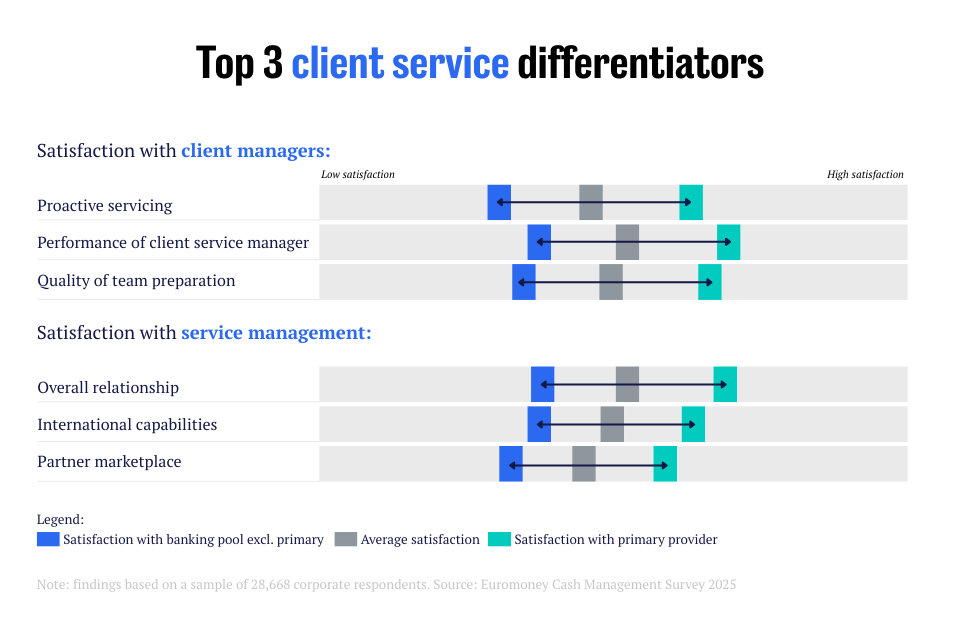Alternative telecoms carriers constitute a crowded market in Europe but they have finally started consolidating. In the past few months, a handful of mid-sized operators have been taken out. What hope does this offer to the UK’s beleaguered operators such as Cable & Wireless, Energis and Colt?
TDC, a Danish mobile group, recently acquired Song Networks, a pan-Nordic alternative carrier. BT, the British incumbent, bought the shares it did not already own in Albacom, the second-largest operator in the Italian business telecoms market.
Access intelligence that drives action
To unlock this research, enter your email to log in or enquire about access



